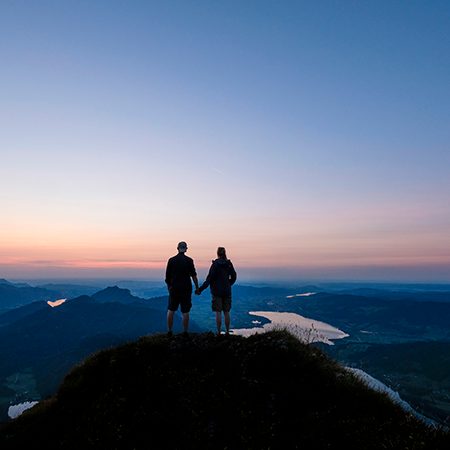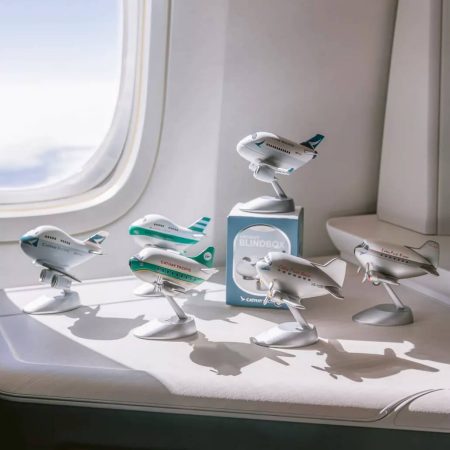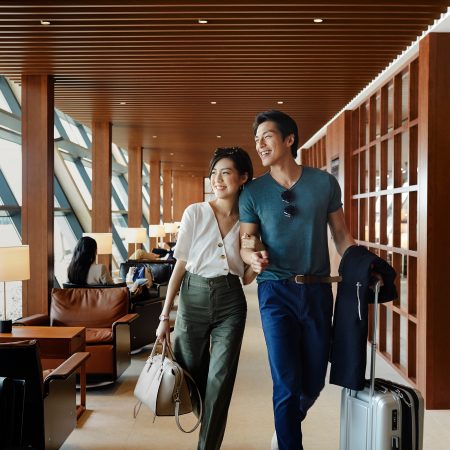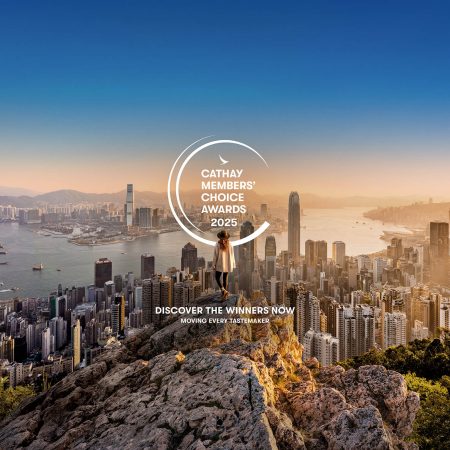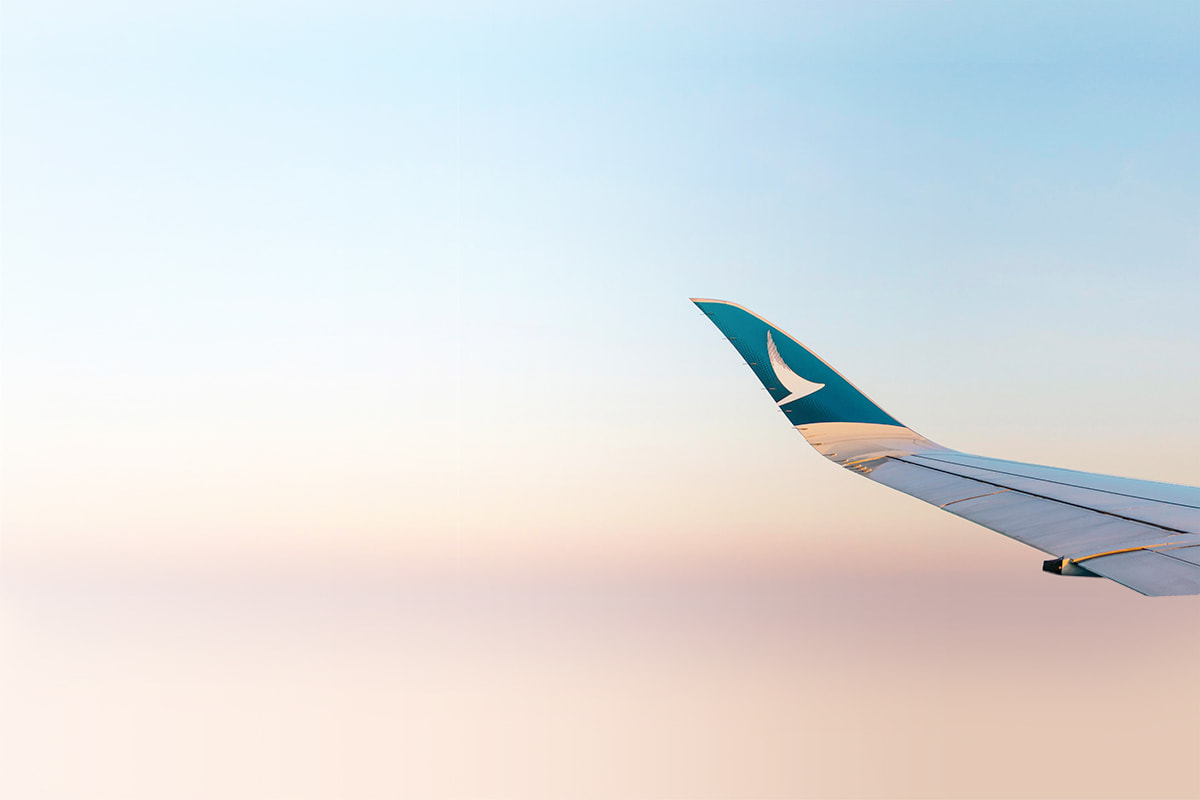Well of happiness: How global wellness trends have changed post-pandemic
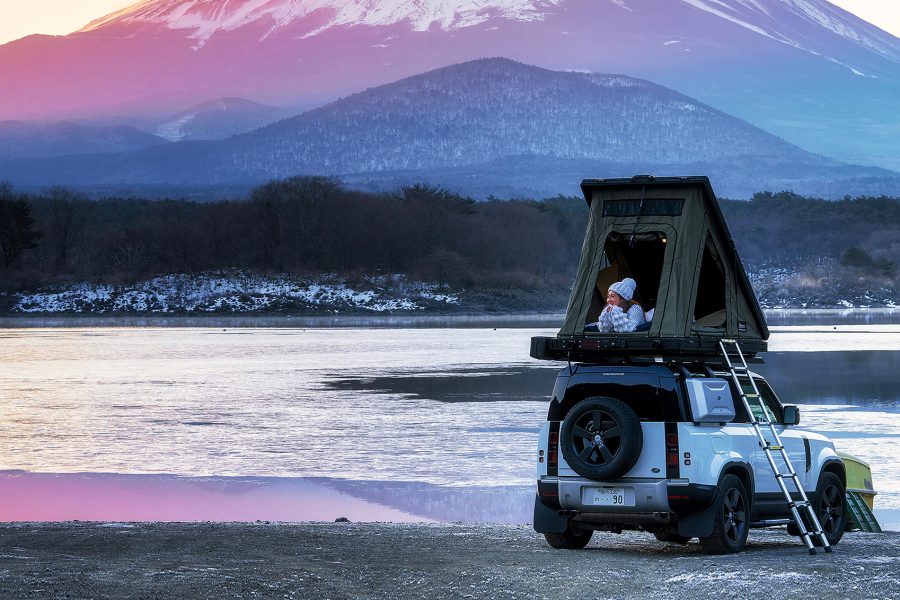
Purification ceremonies and forest-bathing; campervans and villas without walls. Once-niche activities and off-beat accommodations have moved under the “wellness” umbrella as – spurred by the revelations of the pandemic – travellers worldwide have expanded their personal definition of health to one that incorporates mental, physical and emotional wellbeing.
Above all, reconnection is the binding thread: whether that’s bonding over a shared experience with others, or simply taking some time to sit with yourself.
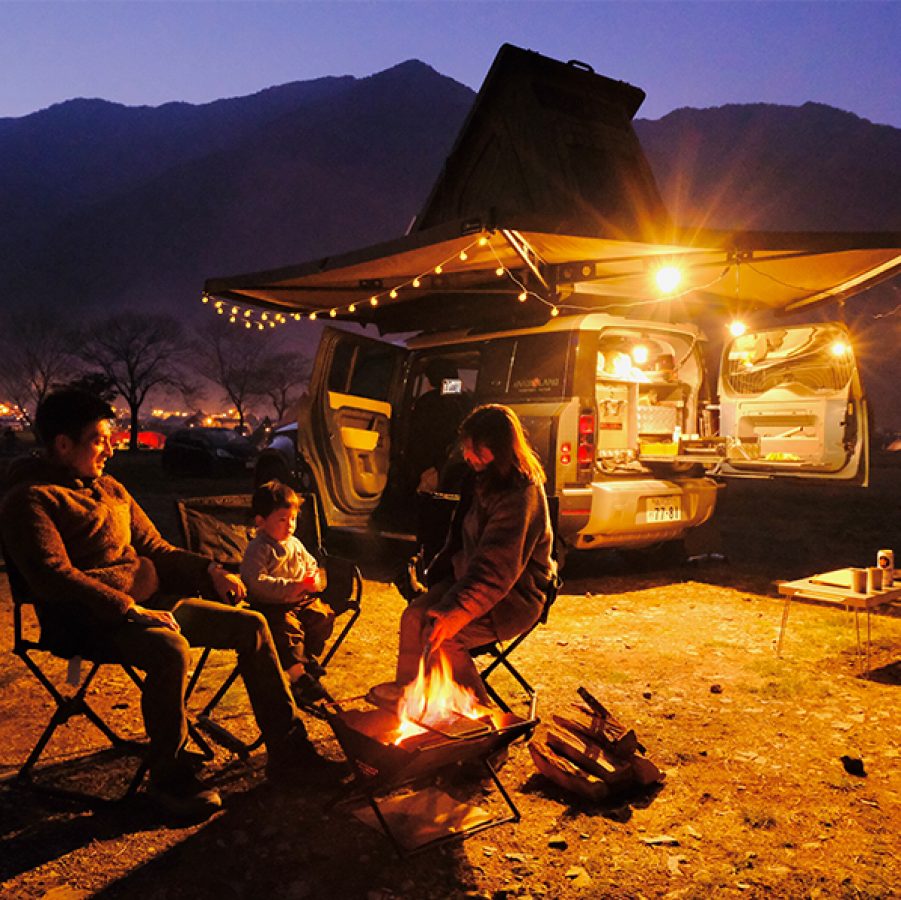
Sharing is caring
The Global Wellness Institute’s 2023 Trend Report highlights shared travel experiences among the top priorities for travellers this year. “Having had to endure periods of isolation and separation during the pandemic, it’s only natural that we’re longing to reconnect and spend time with loved ones,” says Catherine Feliciano-Chon, director of Hong Kong- based travel and lifestyle PR agency CatchOn and a contributor to the report.
“While multi-generational travel has long been a mainstay in Asia, we’re seeing this trend worldwide,” adds Feliciano-Chon. “Resorts are building bigger villas to accommodate this trend.”
“A need for shared experiences has emerged; people are no longer taking human interaction for granted,” says Luke Bridgford, founder of Overland Campers Japan . The entrepreneur launched his travel company during the pandemic, leasing luxury camper vans which allow visitors to discover rural Japan at their own pace. He has noticed interest continues to grow from groups and believes that the nature of camping trips brings people closer.
“By putting themselves in a situation where they need to succeed in nature, our customers bond with each other, gaining the confidence not only to survive out of their comfort zone, but to come alive by fully immersing in a unique natural setting,” he says. “By making a campfire each night, cooking your own food, setting up the bedding and clearing up again under a ‘leave no trace’ principle, it connects us with nature and each other.”
This desire to get back into the wild with loved ones weaves into a second travel trend identified by the report: nature immersion. The health benefits of getting out in nature are well-documented; doctors in Canada have begun prescribing nature walks as treatment for chronic stress, and the proliferation of outdoor activities – from forest bathing to wild swimming and coasteering – speaks to the growing awareness that spending time in the great outdoors is profoundly good for us.
Within the Chinese Mainland, glamping and family-focused trips are gaining steam. “Simple acts like going for a hike or being surrounded by nature can have a positive effect on our wellbeing,” says Feliciano-Chon. “In China alone, there [has been] a surge in ‘healing hikes’, temple stays and wilderness car trips.” The modern Chinese traveller is looking for “more nature-orientated, more outdoor-orientated tourism,” adds Wolfgang Georg Arlt, founder and chief executive of the China Outbound Tourism Research Institute.
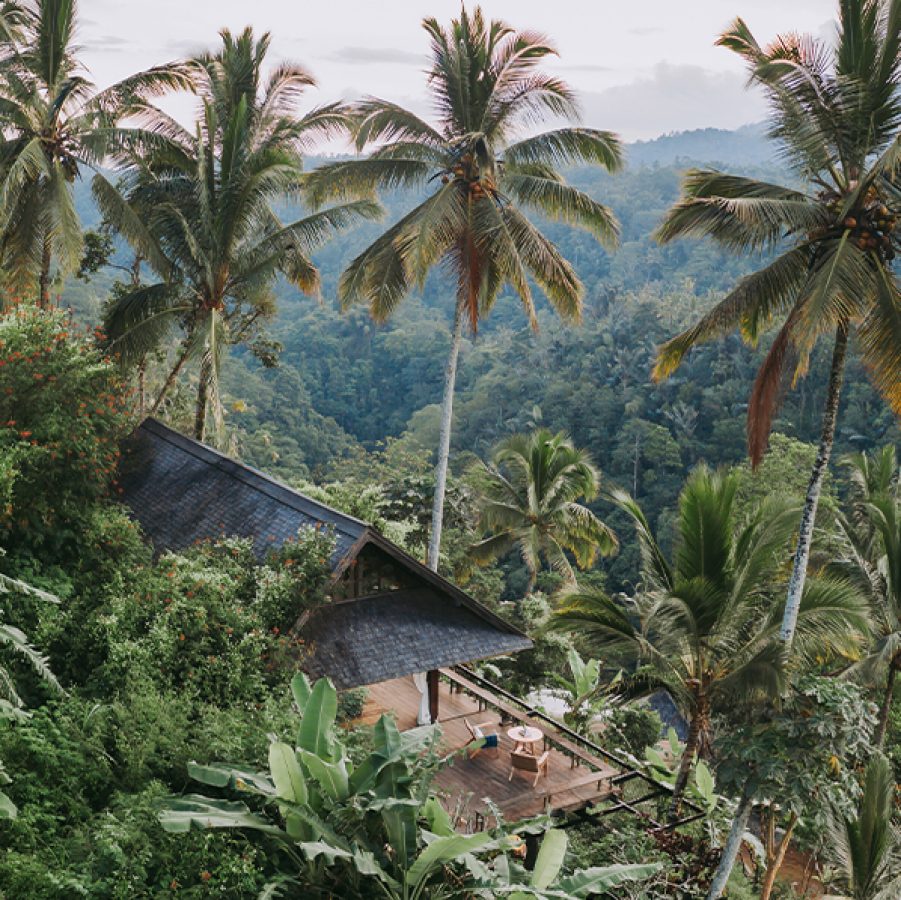
Selective seclusion
Choosing when and with whom to connect is a key part of post-pandemic travel. Buahan , a new Banyan Tree property in a remote corner of Ubud, plants its guests into the heart of nature. The adults-only property has a “no walls, no doors” principle; its 16 luxury open-air villas, or “bales”, look out onto unspoilt jungle and the Ayung River, providing an authentic escape into nature – without having to rough it under canvas.
“Guests report feeling strange on the first night, but then not wanting to leave. They feel present and mindful. They find themselves reconnecting: with nature, with their partner, and most importantly, with themselves,” says Puspa Anggareni, resort manager. “After pandemic isolation, travellers longed for connection, to be free, to immerse in nature. Some of us went through tough times and felt as though we lost a part of ourselves, hence our need for self-discovery to find ourselves again.”
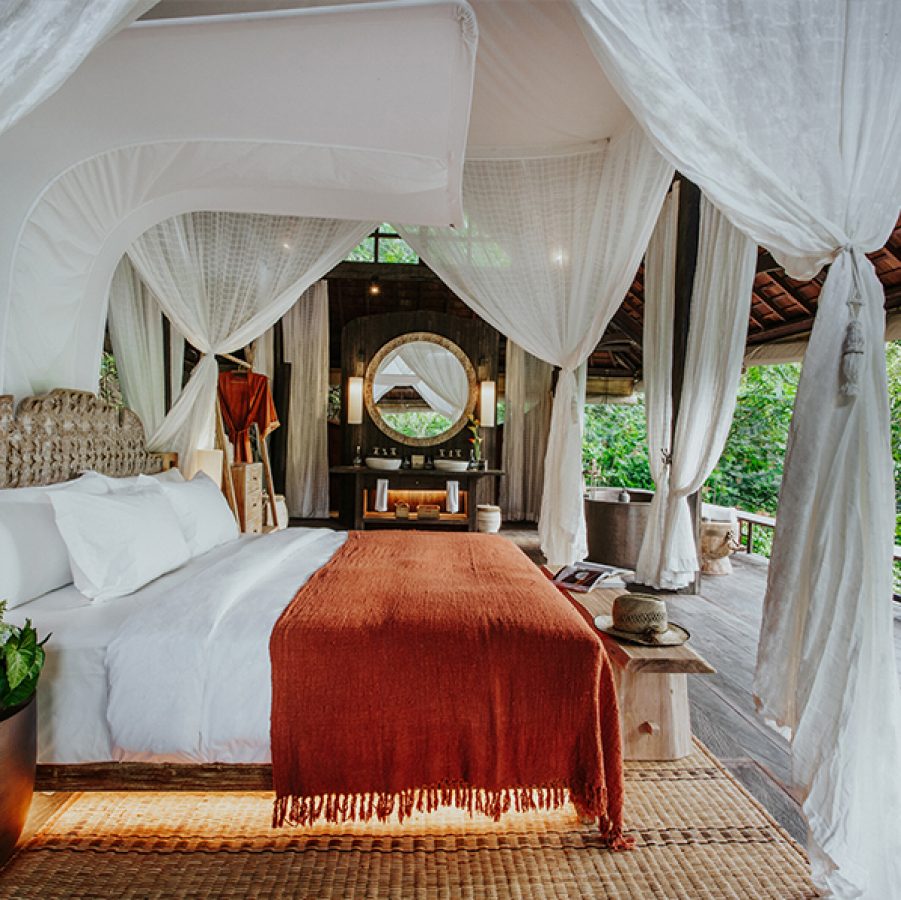
Eat Pray Love-style yoga retreats are nothing new and remain popular, but more adventurous wellness- seekers are opting for experiences which offer a deeper and more spiritual sense of revitalisation as well as authentic, meaningful moments that shift their perspective. This informs the programme at Buahan, where guests can trek to a sacred waterfall, participate in full moon yoga classes to align their chakras, and undergo a purification ceremony with a Balinese priest.
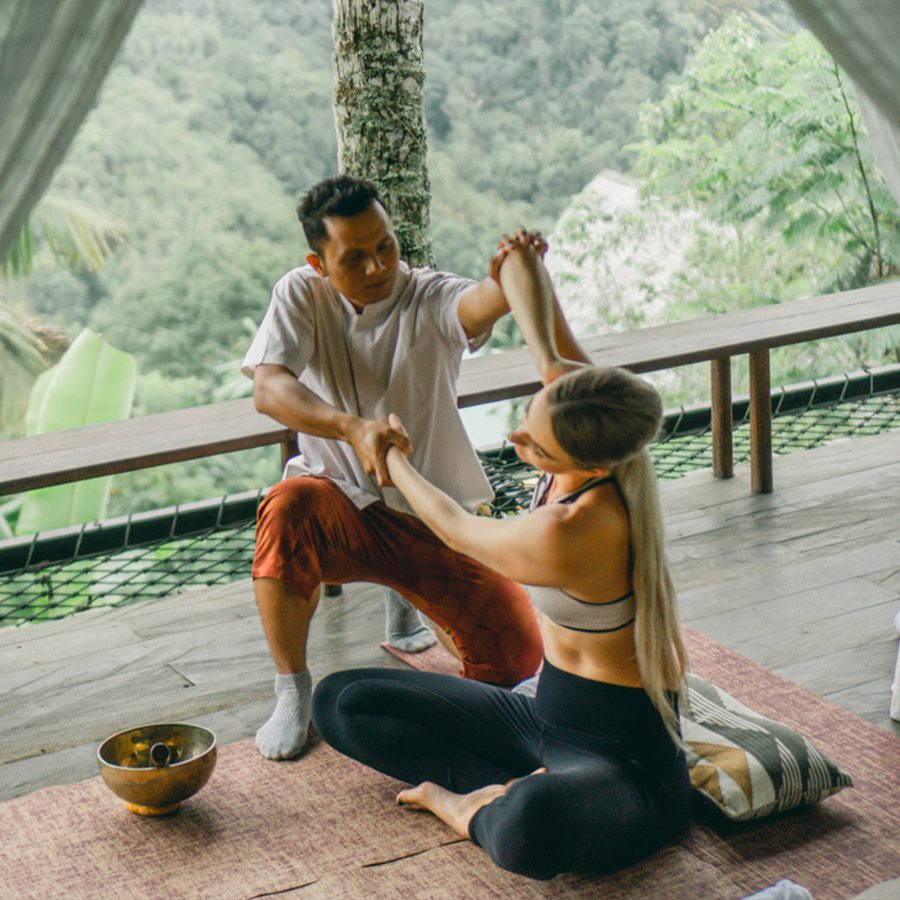
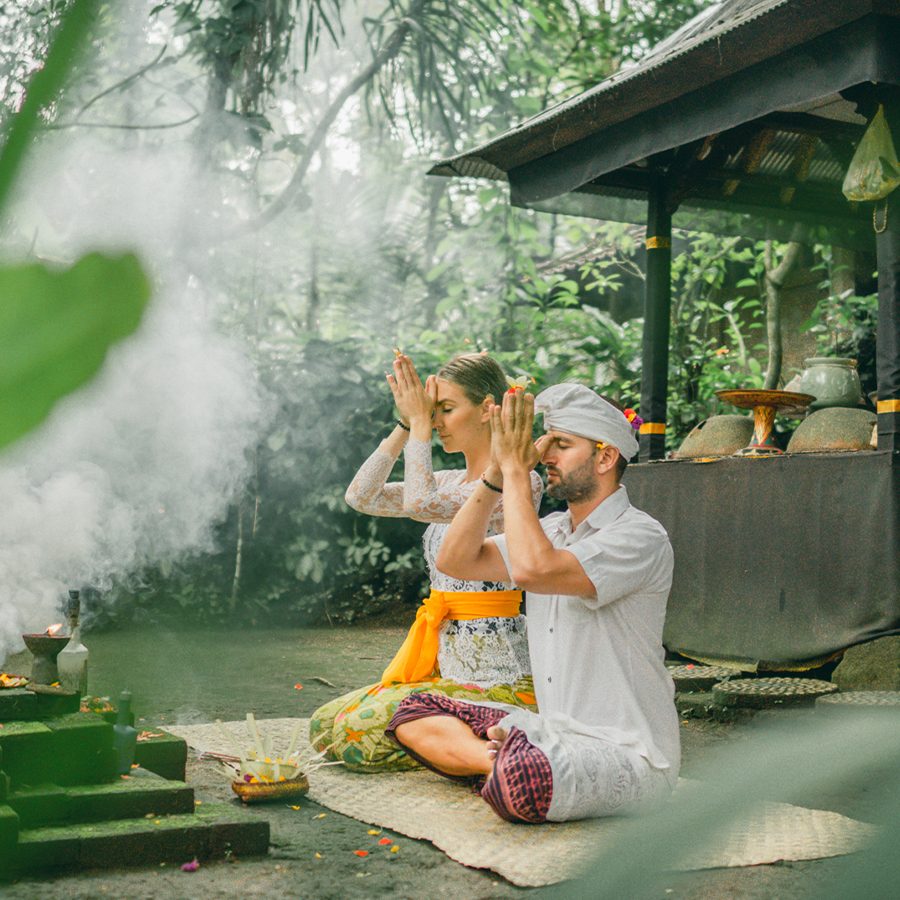
The lines between holiday and health retreat are blurring as guests spend their disposable income on treatments and services that go beyond ironing out tight muscles. Set within the turquoise waters of the Maldives, long favoured by travellers who value privacy, luxury resort island Anantara Kihavah Maldives Villas this year hired an on-site naturopath and wellness consultant and introduced “healing programmes” comprising nutrition and lifestyle consultations, talks, tests and therapies to “help guide guests along the path to reconnect to their inherent equilibrium”. Three-, five- or seven-day Optimisation Retreats tackle a menu of physical and mental health concerns – whether that’s detoxing the mind and body, enhancing sleep quality, weight loss, or improving eating habits.
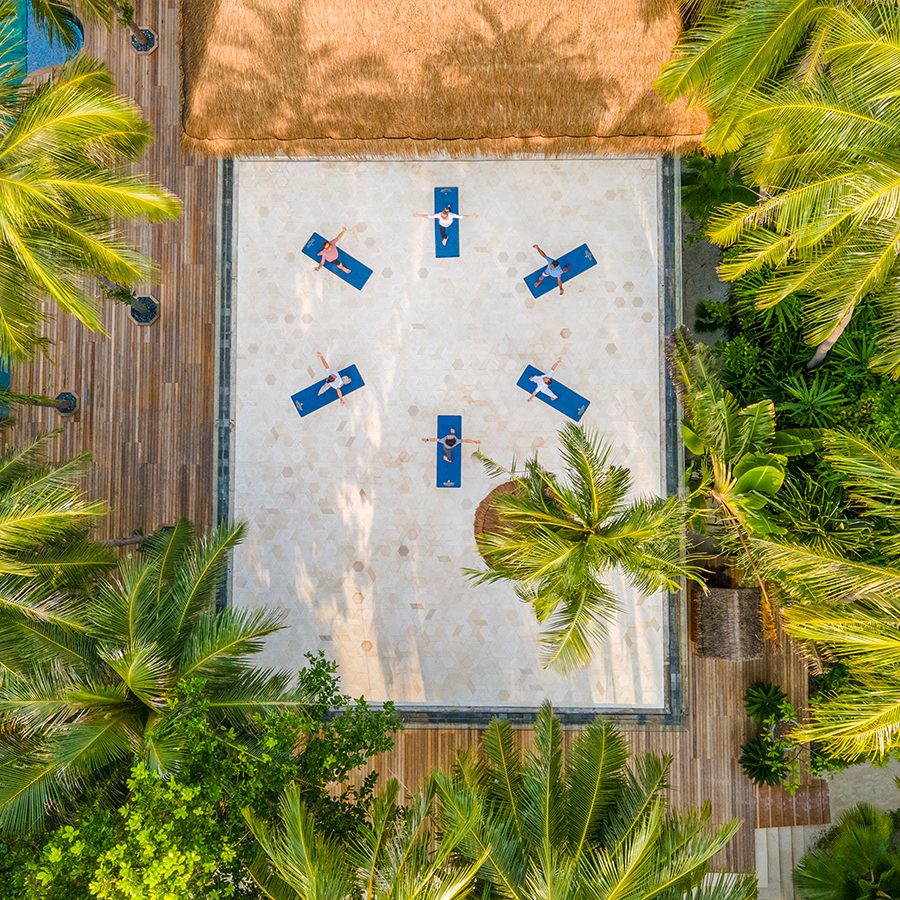

Going deeper
Steeped in Tibetan Buddhist tradition and home to sacred sites for both Buddhists and Hindus, Nepal has long been synonymous with a certain kind of spiritual wellness tourism: a third trend identified in the Global Wellness Institute report. The nation’s considerable natural beauty forms a backdrop to activities like yoga, meditation retreats and treks which lead through valleys dotted with remote villages and spiritual sites.
“Nepal’s perfect harmony of natural and spiritual energy provides a one-of-a- kind opportunity for travellers to immerse themselves and create an epic experience through which they can rejuvenate and find inner peace,” says Elena Sen, marketing manager of Mountain Lodges Nepal , a collection of luxury eco-lodges dotted along Nepal’s remote hiking trails.
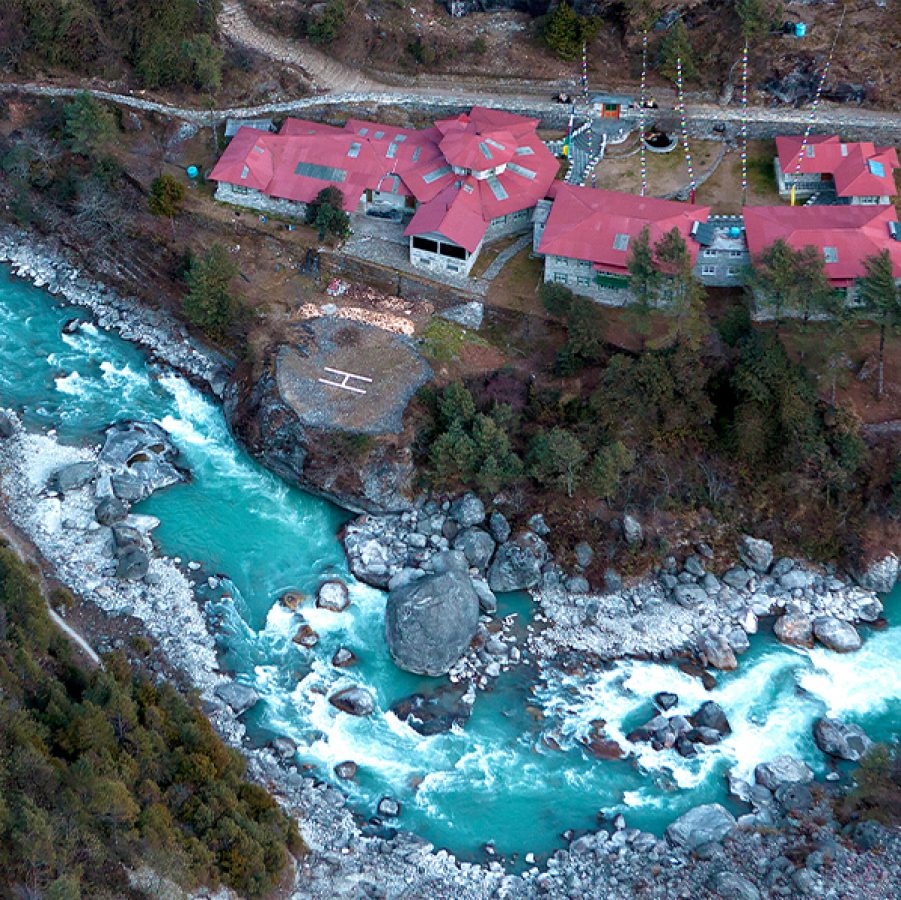
The company uses a “choose your adventure” approach which matches guests with hiking routes across a network of lodges. As well as treks, guests can choose from a selection of cultural experiences, from monastery trips to participation in local religious festivals and visits to village schoolhouses to immerse themselves in the local community. After a day on the trails, there are chef-prepared meals using local produce, happy hour drinks, and en suite bedrooms that overlook jaw-dropping vistas. “Rustic doesn’t have to mean cold or uncomfortable,” the company says.
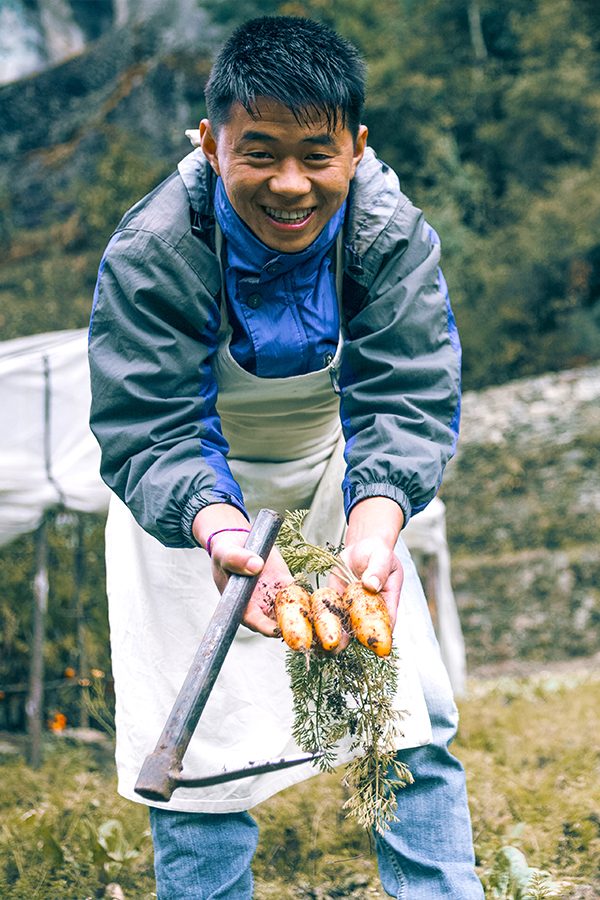
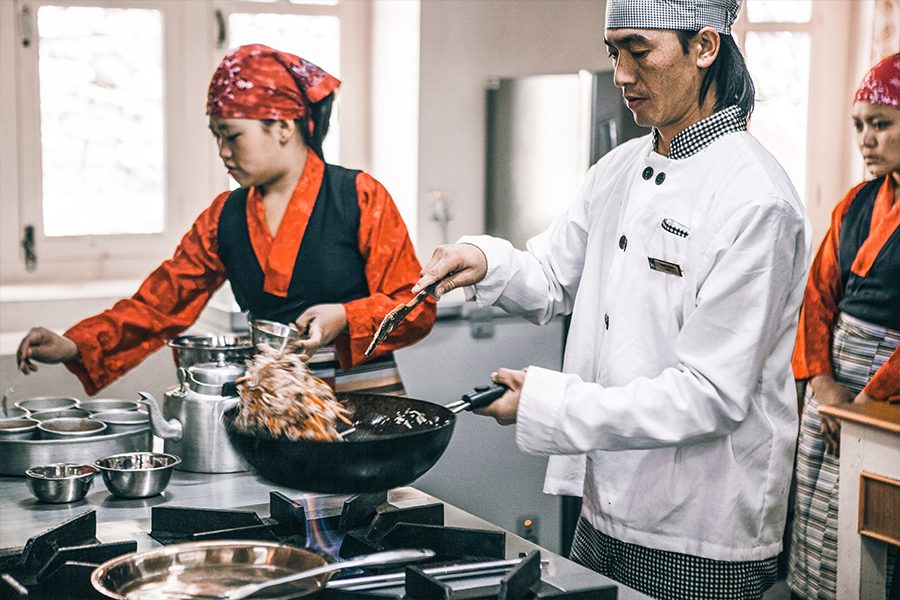
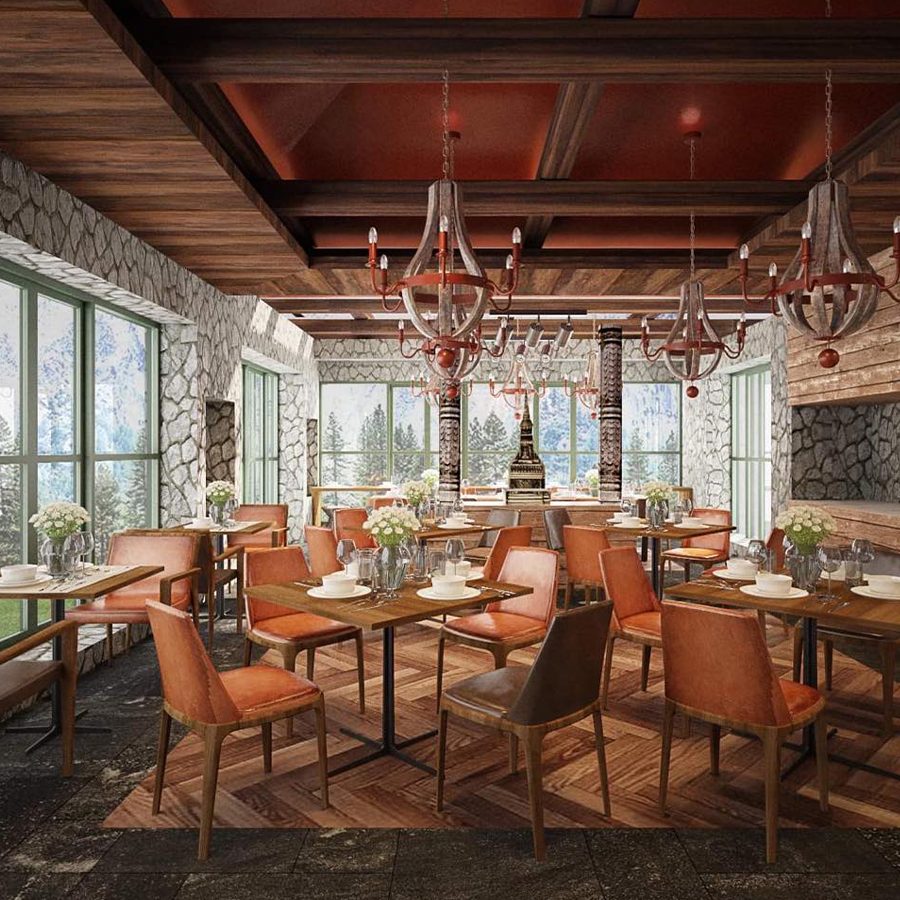
Global mental health took a battering during the pandemic: the World Health Organization says it triggered a 25 per cent increase in prevalence of anxiety and depression worldwide. This in turn prompted a reassessment of priorities – of our work- life balance, personal relationships and goals. “It’s made us realise how precious life is and how finite time can be,” says Feliciano-Chon.
The goal for this year’s wellness traveller is to conclude a trip feeling physically challenged, spiritually enriched and bonded by a shared experience – reconnected to the world and everything it has to offer. A wellness retreat, Elena Sen adds, offers guests “a place to think, feel, heal and reach their personal peak – be it the real mountain or the one within.”
More inspiration
- China – the Chinese Mainland, Hong Kong SAR, Macao SAR and Taiwan Region
- Hong Kong SAR - English
- Chinese Mainland (China) - English
- Taiwan, China - English
- 香港特別行政區 - 繁體中文
- 中国內地 - 简体中文
- 中國台灣 - 繁體中文
- Africa
- South Africa - English
- Asia
- Bangladesh - English
- Korea - English
- Singapore - English
- Cambodia - English
- 한국 - 한국어
- Sri Lanka - English
- India - English
- Malaysia - English
- Thailand - English
- Indonesia - English
- Maldives - English
- ประเทศไทย - ภาษาไทย
- Indonesia - Bahasa Indonesia
- Myanmar - English
- Vietnam - English
- Japan - English
- Nepal - English
- Việt Nam - tiếng Việt
- 日本 - 日本語
- Philippines - English
- Australasia
- Australia - English
- New Zealand - English
